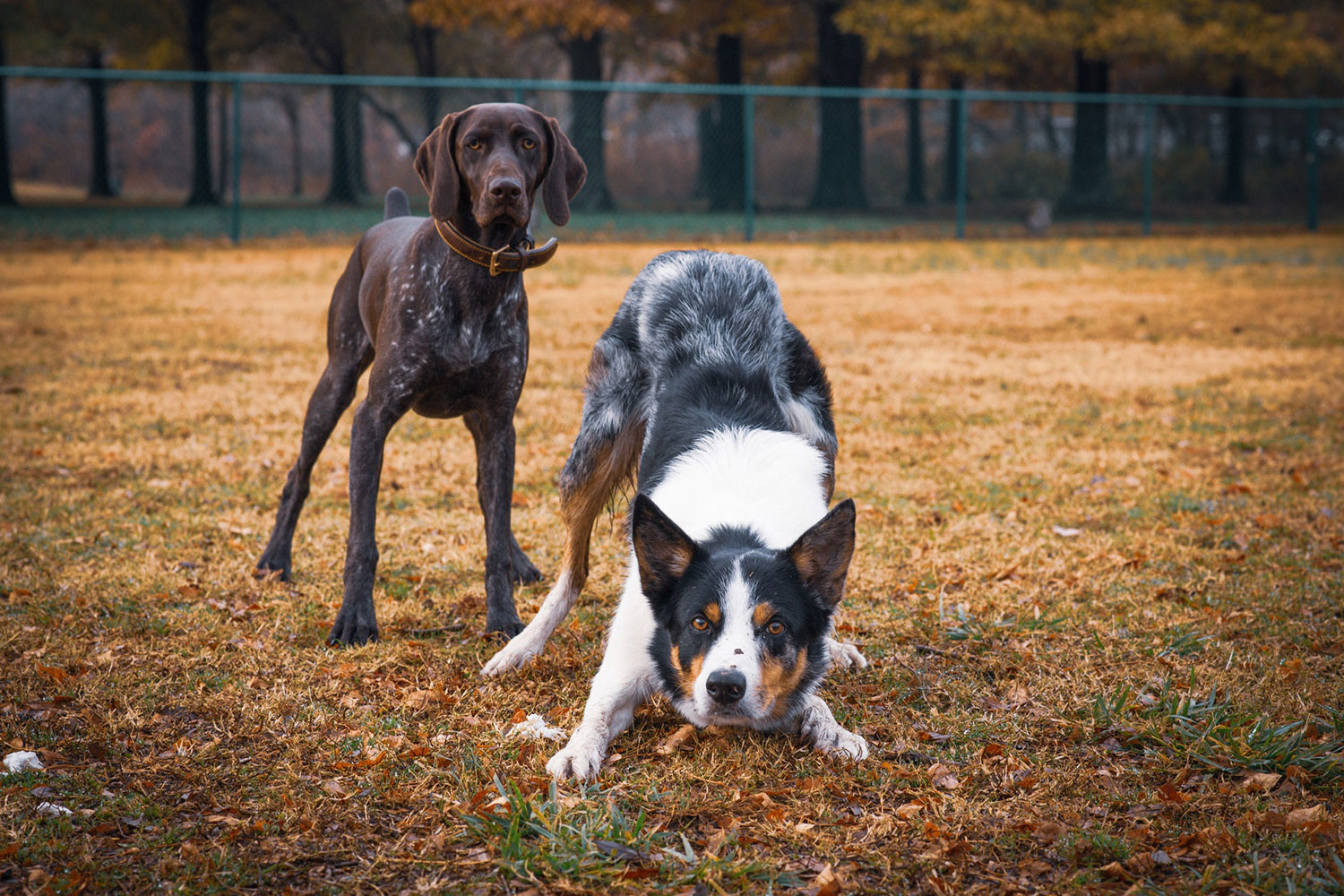
Taking care of your pet is like having your own child. You need to bear many responsibilities to make sure that your pet is in a good environment and is enjoying a happy and comfortable life. Though anyone can have their own pet, not everyone can be considered a good pet parent.
Being a bad fur parent does not always mean that the person does not love or care about their pet, but it can mean that they may not have the knowledge, resources, or ability to care for their pet properly; for example, some fur parents don’t know how often should they schedule a vet appointment for their dog. Most of them think that it is only necessary to bring your pet for check-ups whenever your pet is sick or doesn’t eat, which should not always be the case. It’s important for pet owners to educate themselves on their pet’s specific needs and seek help if they struggle to provide proper care.
If you’re wondering what kind of fur parent you are, here are six things that make you a bad pet owner without even knowing it.
- Not providing your pet enough exercise and socialization
Regular exercise and socialization with other animals are critical for your pet’s psychological and physiological well-being. Physical activity is important for pets because it keeps them physically and mentally healthy. It also helps prevent obesity, which is a prevalent problem in pets, as well as other health issues, including joint pain and diabetes.
Socialization, on the other hand, is also an essential part of owning a pet. Pets who have not been socialized may exhibit anxiety, fear, or hostility when they encounter other animals or people, which can cause behavioral issues and make it difficult for pets to function in social environments.
- Neglecting their basic and emotional needs
Pet owners are responsible for providing basic essentials such as food, water, and shelter to their dogs or cats. Neglecting these requirements can result in major health issues for the animal. Also, animals require affection and care from their owners; not giving them enough attention and affection may cause them anxiety or depression, which may result in serious health risks.
- Not neutering your pet
Not neutering or spaying your pet can lead to overpopulation, which can put a strain on animal shelters and rescue organizations. Unwanted litter of pets can end up being abandoned or mistreated, which may result in a life of misery for your pet. Besides this, failure to neuter or spay your pet can also contribute to certain health problems. For example, neutering or spaying your pet can lower the risk of certain types of cancer, such as testicular cancer in males and ovarian or uterine cancer in females.
- Use of physical punishment to train your pet
It is not encouraged to use physical punishment to train a pet, such as striking, kicking, or using shock collars, since this method may instill dread and mistrust in the animal, leading to behavioral issues. Instead, use a more positive reinforcement strategy, like reward-based training, which is a more successful and compassionate method of pet training. This strategy emphasizes rewarding desired actions rather than penalizing undesirable ones, which can aid in the development of a positive bond between the pet and its owner.
- Failure to provide proper training and discipline
Inadequate training and punishment can lead to behavioral issues in pets, such as aggression, separation anxiety, and property destruction. Proper training and discipline can prevent these tendencies and foster a more peaceful home environment. However, remember that training and discipline should be based on positive reinforcement approaches, which reward good behaviors rather than penalize undesirable ones. This method can aid in forming a positive link between the pet and the owner, as well as the promotion of trust and respect. Furthermore, keep in mind that each pet and situation is unique and that not all training methods will work for every animal.
- Failure to support their financial needs
Not being able to financially support a pet can have severe consequences for both the animal and the owner; this includes not being able to afford necessary veterinary care, food, or other expenses. Without proper veterinary care, an animal may endure untreated illnesses or injuries, resulting in additional health concerns or even death. Similarly, the inability to buy food can result in malnutrition and other health problems.
In addition, owning a pet comes with additional costs, such as those associated with its grooming, toys, and training sessions, as well as boarding or pet sitting, as well as other random products. A stressful environment can be created for both the animal and the owner when they are unable to afford these fees, which can lead to behavioral issues in the animal as well as a lack of a healthy attachment between the animal and its owner.




Leave a Reply